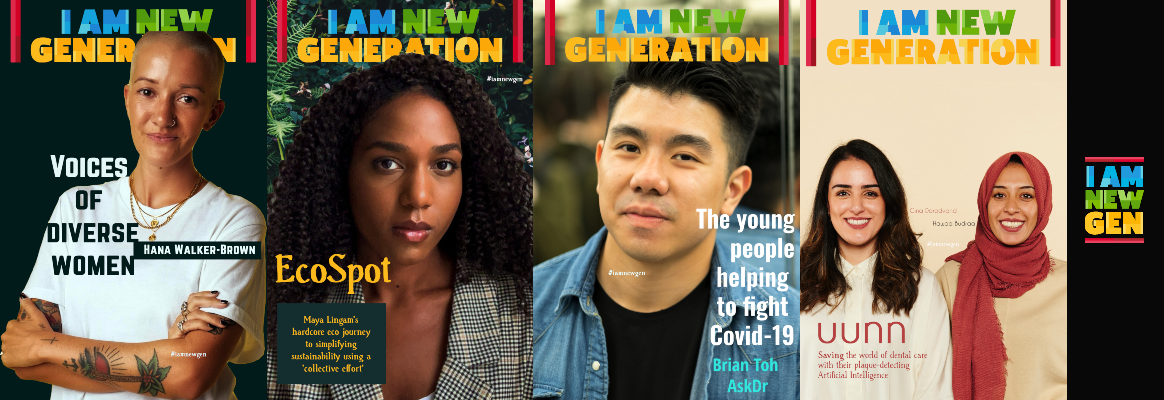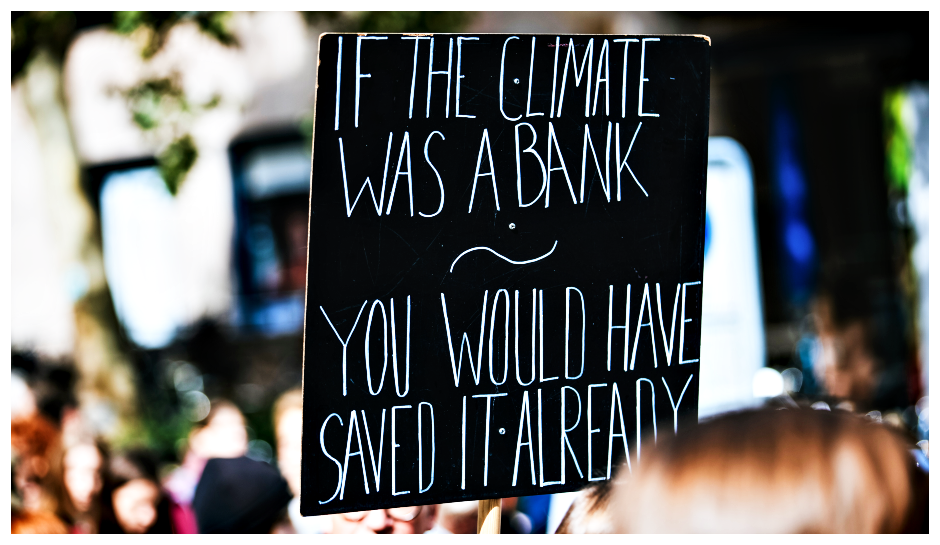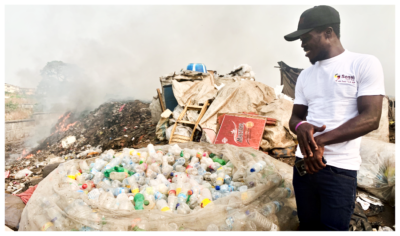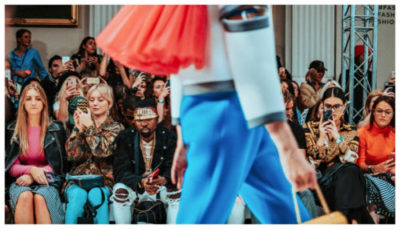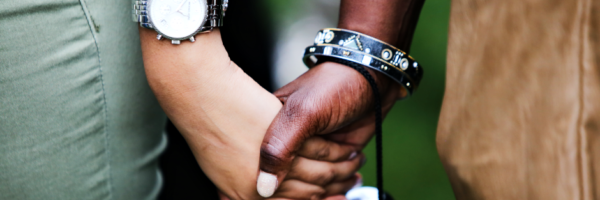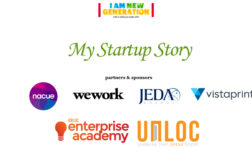We only get one planet. The economy will always exist, whether crashing or rising, but we want our future to be stable and safe – that means economically and environmentally.
The current pandemic is not enough to distract the attention away from the looming threat of climate change and the young activists behind the call to action. Ellenor McIntosh, co-founder and inventor of Twipes – chemical-free wet wipes, which dissolves within three hours when flushed – is one of these eco change-makers. She tells us whether practising sustainability is enough to save the future of the planet.
“It’s clear that if we want to invest in our future, our businesses and our economy have to come along for the ride.
Twipes was founded in a pub. It was myself, Alborz Bozorgi (who would later co-found Twipes with me) and a friend who shall remain anonymous.
The said friend decided that a breakfast brunch was the perfect time to declare that they had blocked their toilet for the umpteenth time that month.
From what I recall, the conversation went something like this:
‘Why are you bringing this up now?’ I mumbled into my coffee, staring at my eggs benedict that wasn’t looking as appetising as it was a few seconds ago.
‘It’s not me, it’s the wet wipes that block the pipes.’ Toilet blocker complained.
‘Well, don’t use them.’
‘It’s hygienic!’
Toilet blocker went on to say how he couldn’t believe the damage a few small wet wipes had done, detailing the damage as we tried to eat.
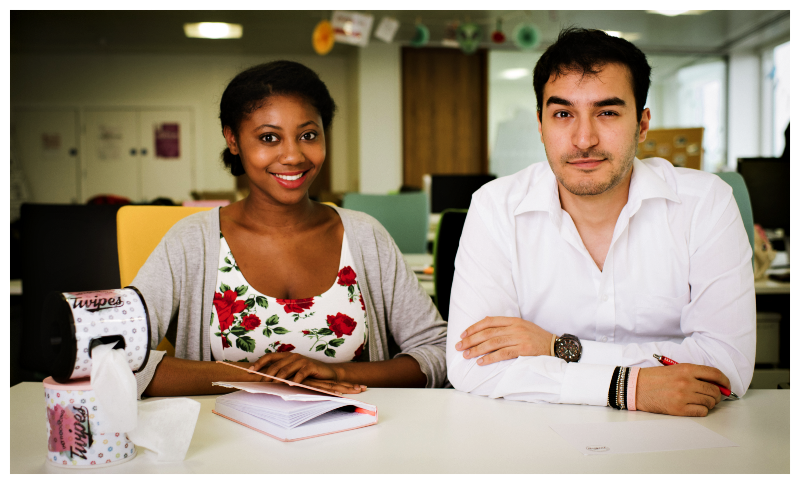
I shook my head. ‘Well, they’re made of plastic, it’s plastic you’re putting down your loo. Plastic doesn’t break down.’
And I remember as I said it, the seed was planted.
We pay a heavy price for our wet wipe habit – quite literally. They are the main cause of blockages in sewers, costing the UK on average 100mil a year.
With a recession on the horizon, a bill like this is not looking like one we can afford.
We pay a price in more ways than one – wet wipes litter our riverbeds and are layered into the sediment, changing our environments permanently (traditional wet wipes take 100 years to decay).
Microplastics emitting from wet wipes as they eventually biodegrade poison our rivers’ and oceans’ ecosystems.
In short, going through billions of wet wipes a year is a bad, bad habit. But a habit that people weren’t so willing to abandon.
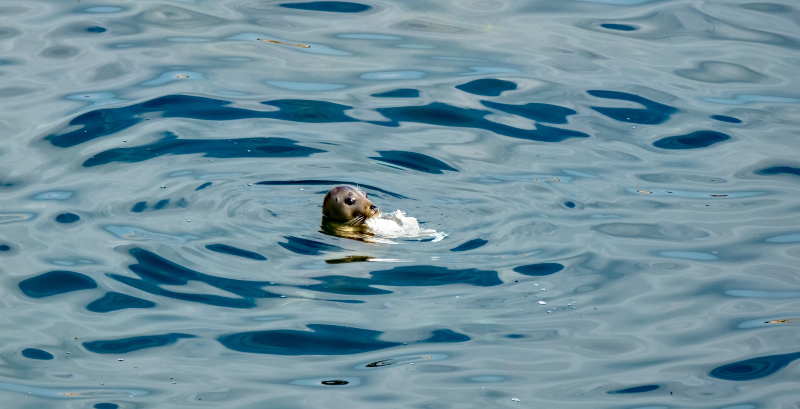
A huge part of baby care, skincare and of course, toilet use – banning wet wipes as we have with plastic straws isn’t such a simple solution.
But if people were to change their products and not their habits, there could be a way forward.
As a young scientist passionate about conserving the environment, I was still deciding what direction to take my career in.
Whilst I could see myself forever in a lab, never in a million years did I think a conversation in the pub, meant that I would be running my own wet wipe empire!
Bozorgi was a huge help in lending his entrepreneurial experience and business skills to Twipes, as a scientist I’d had no idea I was going to be managing my own business, (besides running an affluent art business aged 6 on take-your-kid-to-work-day!) but there we were.
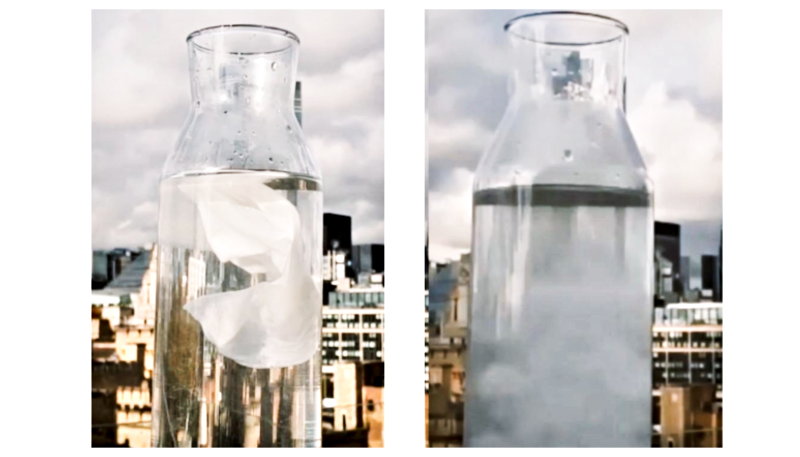
I spent a lot of time in the lab, experimenting with non-plastic and non-toxic materials, things that would be safe for the skin and natural.
Eventually, I settled on wood-pulp. The ‘eureka’ moment came when I saw what was once a sturdy wet wipe break back down to its original matter in water.
I had timed it – it had taken only three hours to disperse.
Our focus in the early stages had been dedicating our time and resources to this research and development -and it paid off.
Once we had the product, funding and awards came pouring in.
In 2017 we won the Mayor’s Entrepreneur Award, in 2017 I was the UK winner of the Women’s Startup Competition, and I was honoured at the Black British Business Award.
We’ve been launched b2b for a good while now, selling to gyms, hotels and restaurants, with the latter two being industries known for the amount of water, plastic and carbon emissions they rack up.
It’s been great to see that when it comes to wet wipes, we’ve been making a difference in their waste, and even better to see businesses starting to make conscious efforts to switch products.
Winning the Diana Award last year was a real milestone for me. This is an award gifted to young people and their humanitarian efforts, mine in the field of science.
The entrepreneurial awards had always been encouraging, but this was a real showcase that people genuinely believe in the power that Twipes have to save our sewers and seas.
We’ve been launched b2c since Christmas, but the pandemic has been terrible timing on our manufacturing. But we’re still here!
We can’t turn our attention away from toppling that single-use plastic giant now.
People are using more wet wipes than ever before, so we have to keep focused.
I was delighted this year to make the Forbes Europe 30 Under 30, and even more so to see more eco-friendly businesses making that list.
We should be making every effort to change products and make way for new industries to flourish.
And I am so excited to see where Twipes will fit into that.”
Images Copyright – Writer’s own / Shutterstock / Unsplash
More Stories
Sierra Leone going plastic-free with entrepreneurship
How My Clothing Rental Startup Is Driving For A More Sustainable Route To Fashion
The Student Startup – Twipes – Tackling Britain’s Costly Eco Issue With ‘Flushable’ Wet Wipes
